Metacore Culture Agreement
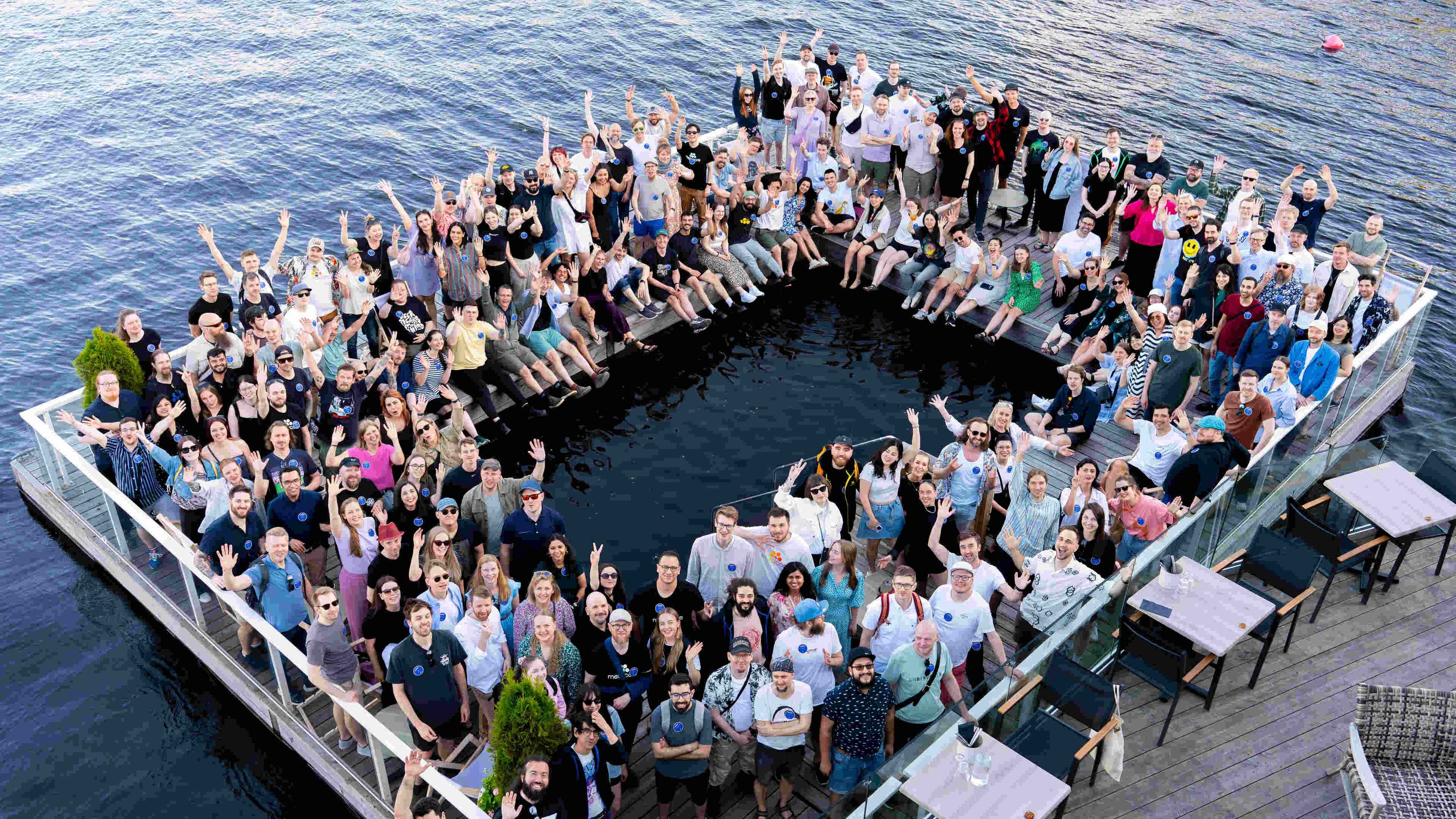
Introduction
At Metacore, our culture is essential for our success – how we aspire to be as Metacoreans, how we work together to achieve our goals, and what kind of workplace we want to be. Everyone at Metacore is responsible for upholding our culture, which must develop with us to ensure that we thrive in our fast-paced environment.
This Culture Agreement describes our latest understanding of our operating environment, strategy and culture – our best attempt at capturing it in written format. Words will never be enough to perfectly describe it all, but at least for now, writing things down feels like the right way to go about it.
The content in our Culture Agreement is general to all our teams and relevant to the whole company – in other words, we expect buy-in from all Metacoreans. Some ways of working may slightly differ across teams, but the shared goals and guiding principles outlined here apply to us all.
This document is in three parts. The first focuses on our Mission: our purpose and what we aim to achieve as a company. The second, Strategy & Business, describes our competitive landscape, our company goals and our approach to navigating the waters with our Business Fundamentals. The third encapsulates our Culture: it describes the fundamentals of our culture and the values that drive us every day. All parts are deeply interlinked: they describe where we want to go, how to get there and how our fundamentals of business and culture help us succeed.
Before you continue, a few things to keep in mind:
- The Culture Agreement often uses the term we, which always refers to Metacore as a whole, to all individuals at Metacore.
- The Culture Agreement is aspirational – it sets ambitious ways of working and inspires us every day to live up to it. We may fall short at times, but for the most part, we can be proud of walking the talk.
- The Culture Agreement is created together with all Metacoreans, and it evolves as Metacore changes and develops. We grow and learn at an accelerating pace within a rapidly evolving game industry, and our culture must adapt to that change. We update the Culture Agreement together to match the evolution – it’s up to us to make sure that the change is for the best.
- We aim to make our Culture Agreement come alive in our day to day: from recruiting and onboarding to different aspects of everyday work.
- We strive to work on the Culture Agreement together in a way or another at least once a year. In the meantime, we welcome all feedback. We encourage everyone, old and new Metacoreans, to share feedback on how we are doing and how to further improve.
- This is the third iteration of our Culture Agreement. The previous one was from January 2022 and the first one from October 2020.

Mission
Our mission is to entertain hundreds of millions of people for decades.
Entertainment plays an important role in people’s lives. Games bring people joy, relaxation, excitement, feelings of success and a sense of community – just like movies, music, television, and all other forms of entertainment. We create our mobile games to entertain.
But we also entertain outside of our games: with our marketing, social media, community, and beyond. We test out-of-ordinary ideas and are obsessed with understanding why something is or isn’t entertaining – be it the game itself or an ad promoting it. Because entertainment is a trend-based phenomenon, we closely follow and aim to get ahead of today’s trends. We want our games to become trending topics of their own, shared and followed by the public.
Entertaining hundreds of millions of people – many of whom don’t identify as players – means we must be creative and systematically work to find inspiration needed to come up with new, out of the box ways to engage our audience. We’ve already seen how intention to play can be raised by creating compelling player fantasies, captivating ads or an interesting story and characters. We continue to learn what works for Metacore and our games, and stay curious about the next boundaries of entertainment we can push.
Creating games with years long life cycles is challenging – our mission of entertaining the masses for decades is a highly ambitious, long-term goal. Reaching our mission is not a sprint but a marathon, which is why we always think long-term over short-term in what we do. But when we succeed in entertaining the masses, we can continue to grow, experiment further and set our bar even higher. And while winning the masses may be trickier than nailing a niche, it’s also a way for us to spread risk and grow more sustainably.
We are passionate about creating games that entertain and we set our bar extremely high, combining our passion for games with market-oriented ways of working and world-class skills, both from within and outside of the game industry.
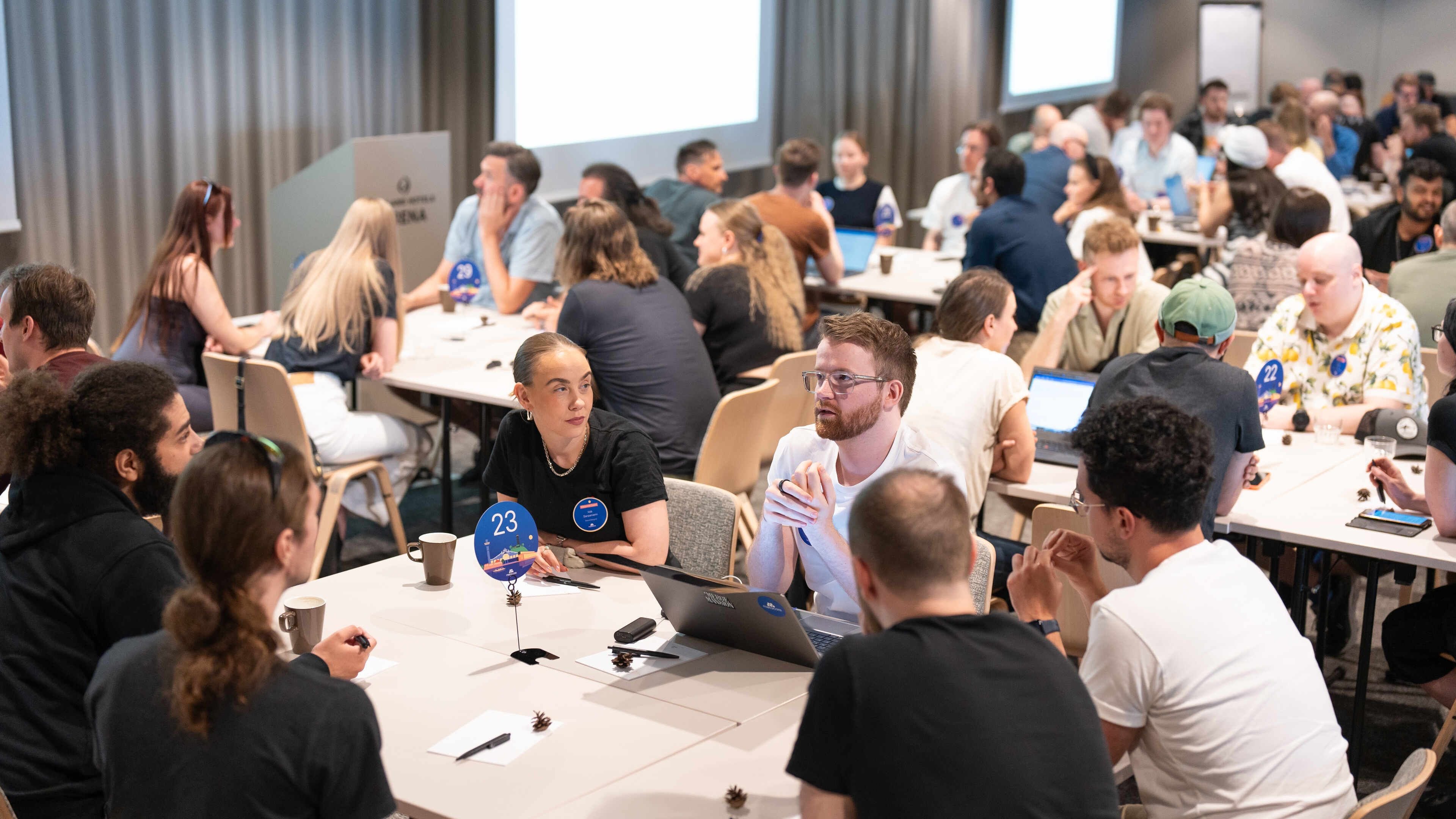
Strategy & Business
Mobile gaming is a very competitive industry. This is so widely acknowledged that it almost prevented us from founding Metacore in the first place. At first we believed that the mobile game market was too saturated – that there would be no room to do things differently, and it would be impossible to break through without billion dollar marketing budgets. However, we soon realized that despite its competitiveness, the mobile game industry is still very immature.
Now we see that we just need to do things differently: redefine what kind of games we want to make, how we develop them and who their audiences are. We need to understand who our players are, what their intent is and what motivates them.
To reach our mission and navigate our competitive landscape, we have set three company goals to steer our work. We’ve also outlined Business Fundamentals, describing how we succeed in this competitive market. These fundamentals also form the basis of our Game Development Philosophy, which we are constantly iterating as we learn from new games.
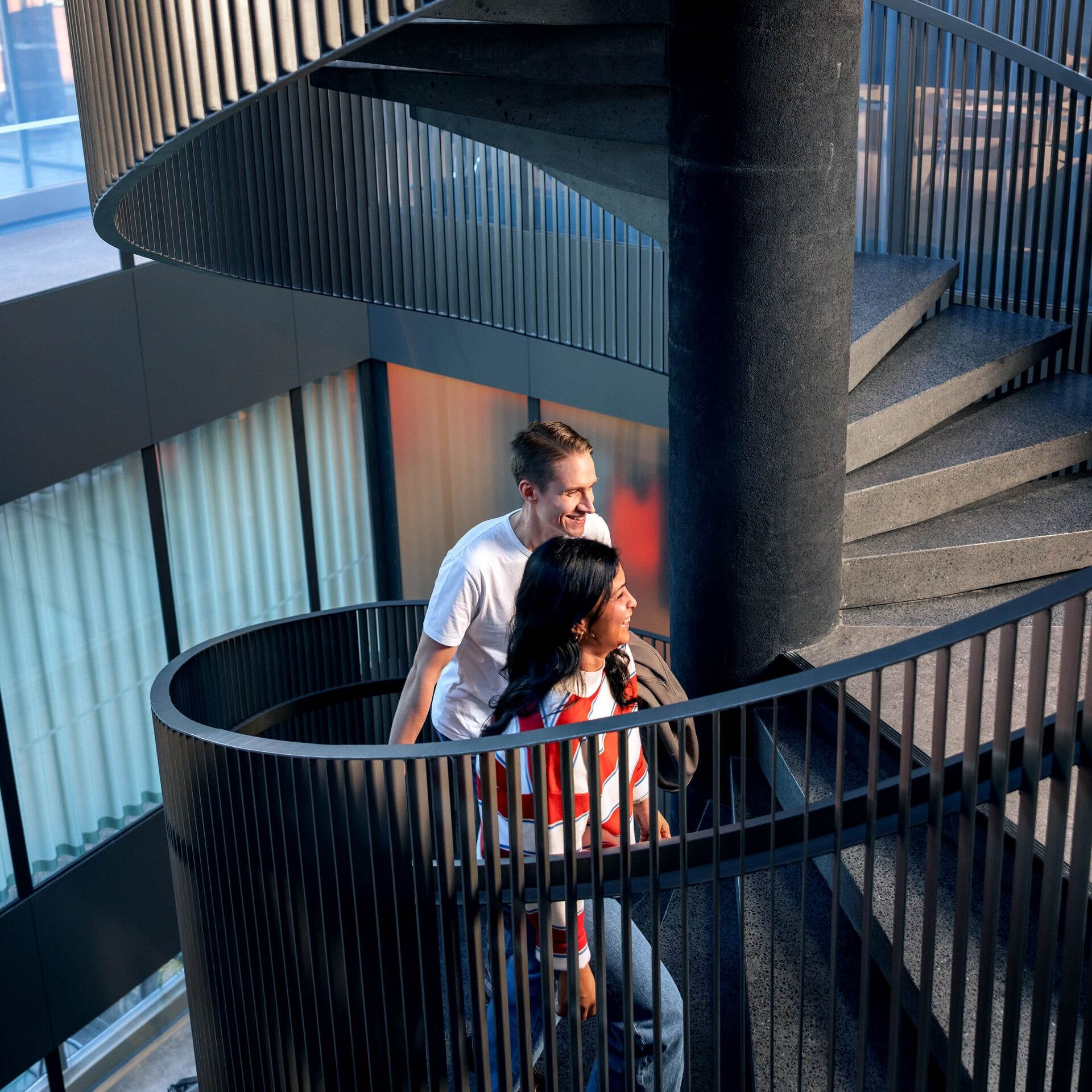
Company Goals
Sustainable business & profitable growth
We want to create a sustainable business that lasts for decades: meaning games that people can play for years to come and that keep audiences entertained for decades. Building sustainable games means we’re also respectful towards players, including how much money we want them to spend and how often to play.
Although we can sometimes make short term decisions to scale our games primarily with growth in mind, in the long term, we want to grow profitably.
Building a sustainable business also means we want to create a portfolio of games, not be a one hit wonder. That’s why we are also investing heavily in creating new, global hit games, and sharing learnings across teams to get there sooner than later.
To create scalable, decades-long games and entertainment, we focus especially on our intellectual property (IP) – because that’s what people remember. Our IP also allows us to scale our product, independent of platforms and mediums. While our environment and technology may change over time, IP endures. We are still learning what type of IP we want to invest in and how to develop that further.
At the end of the day, player engagement and retention determine how successful our games are. We need to be very product-focused and develop world-class entertainment in our games. When both engagement and monetization are right, we can begin to scale a new game. In live games, the focus is growing the game as a business.
World-class player experience
Building a world-class player experience means putting up a stellar show for our players every day – and player engagement and retention are our games' most important metrics of whether or not we’ve succeeded. If our players are not engaged, we have nothing.
We want to maximize the life-time value of our players over a long period of time. This means we don't make compromises for the sake of short-term monetization or money grabs. It also means that we can never lose our players’ trust, which is why we’re always respectful and think player-first.
While we obviously need happy payers among happy players, we want to make spending money in our games a fun and rewarding experience – so that players feel like they actually get more entertainment from the game with their investment.
The best mobile game company in the world to work for
We want to be the best mobile game company in the world. For us this means, first and foremost, that we want to be the best employer in the gaming industry: create an amazing employee experience and be a diverse & inclusive workplace where you can truly be yourself, and where employees are very engaged. We're ordinary people crafting extraordinary games together while having fun with it.
We aspire to be a proactive player in our industry and beyond, driving us and others forward in terms of leadership, diversity & inclusion, culture, and sustainability. Wherever we operate, we want to give back to the community. We also want to develop the game industry and increase the number of people working in it by enabling talent from different fields to join.
To entertain hundreds of millions of people for decades, we need diverse teams that understand our diverse audiences. The key to unleashing our creativity is a diverse, equitable, and inclusive culture of trust where Metacoreans from all walks of life can be themselves. We celebrate our differences and believe they are the strength that drives us forward.
We are committed to offering equal opportunities for all, regardless of background, age, race, color, ethnicity, religion, disability, gender, sexual orientation, family status, education, socioeconomic status or any other characteristic. We build and maintain a workplace and industry free of harassment and discrimination.
We also aspire to have diversity, equity and inclusion as a fundamental part of our game design process to enable us to create even better and more inclusive games, communities and entertainment.
We are only at the beginning of our corporate responsibility journey and strive to do better all the time. In the future, we aspire to be among industry leaders and go beyond compliance in DE&I, sustainability, and corporate responsibility. We understand we have a lot of work to do in this regard, but know that this too is a marathon, not a sprint.

Business Fundamentals
We create games for players, not ourselves
There are many ways to create successful games. The Metacore way is to create games for our players, not ourselves. This means we always put players' desires ahead of our own.
We aim for 100% objectivity when creating our games. Even if we enjoy the games we are making, we are not their core target audience. Our core audience always plays more actively and is more engaged in the game than we are. That’s why, especially when getting excited about some new idea or feature, we validate whether our players are (at least) equally excited about it. If not, we skip it – if yes, full speed ahead!
We are extremely market-oriented and make decisions based on data
To create entertaining games, we need to understand our players’ desires, behaviors and characteristics. As an industry, we have a relatively shallow understanding of audiences. We at Metacore want to build a better understanding, and make decisions based on data and player feedback.
That’s why when developing new games, we start with hypotheses – this kind of game for this type of audience – and test them rigorously. The goal is to find and confirm what appeals to a specific audience. When working on a live game, our audience insights are already better, but we still work to improve and deepen our understanding.
And being market-oriented and data-driven doesn’t just apply to our game development, but everything we do, whether it is our tech platform, talent attraction, IT or people operations. Just like in game development, we collect data to validate our hypotheses or justify our decisions.
We take calculated risks
The biggest successes are seldom obvious before they happen: they are the result of taking risks and being bold. We believe that risks are more likely to turn into successes when taken thoughtfully, not by shooting around blindly. That’s why we take calculated risks. This is a highly iterative process of evaluating whether or not to take the risk, drawing learnings from its outcomes, and improving our odds of success for our next try.
The earlier we are in our game development, the more relaxed we can be about risk-taking and test ideas that might feel wild at first. Later on, as the stakes get higher, we need to become more calculated – we are not betting the house, but continue to take risks, because it’s the only way to reach our ambitious goals.
We know that if we work meticulously, push our creative boundaries, dare to fail, keep learning, and eventually find some luck, we might succeed massively. And if we get really good at this process, we just might succeed repeatedly.
We’re geared for constant change
Games and entertainment are in constant flux, and so is Metacore as a fast scaling company with ambitious growth goals. We need to be able to adapt to both external factors and internal changes. We need to stay curious and hungry to better understand our industry, audiences and what works best for Metacore – both as an organization and as individuals.
The market for each of our games is constantly changing, too: players’ tastes evolve, and the best games do their best to anticipate and adjust before their competitors get there. Thanks to the success of Merge Mansion, we are now on our competitors’ radars, which forces us to be even faster and even better at responding to market changes. We no longer have the luxury of operating in stealth mode.
Metacore is growing and learning at an accelerating pace. Change is not easy, and we need to be patient with everything not being ready yet. We need to build resilience to deal with a certain amount of uncertainty, as we can only expect that change to continue. And we wouldn’t really have it any other way, would we? Because change also means we’re getting better as an organization, as teams, and as individuals.
We want Metacore to change ahead of the industry and the market. The only way for us to do this is to keep challenging our ways of working and approach to game development by sharing and receiving feedback, and making decisions based on data.
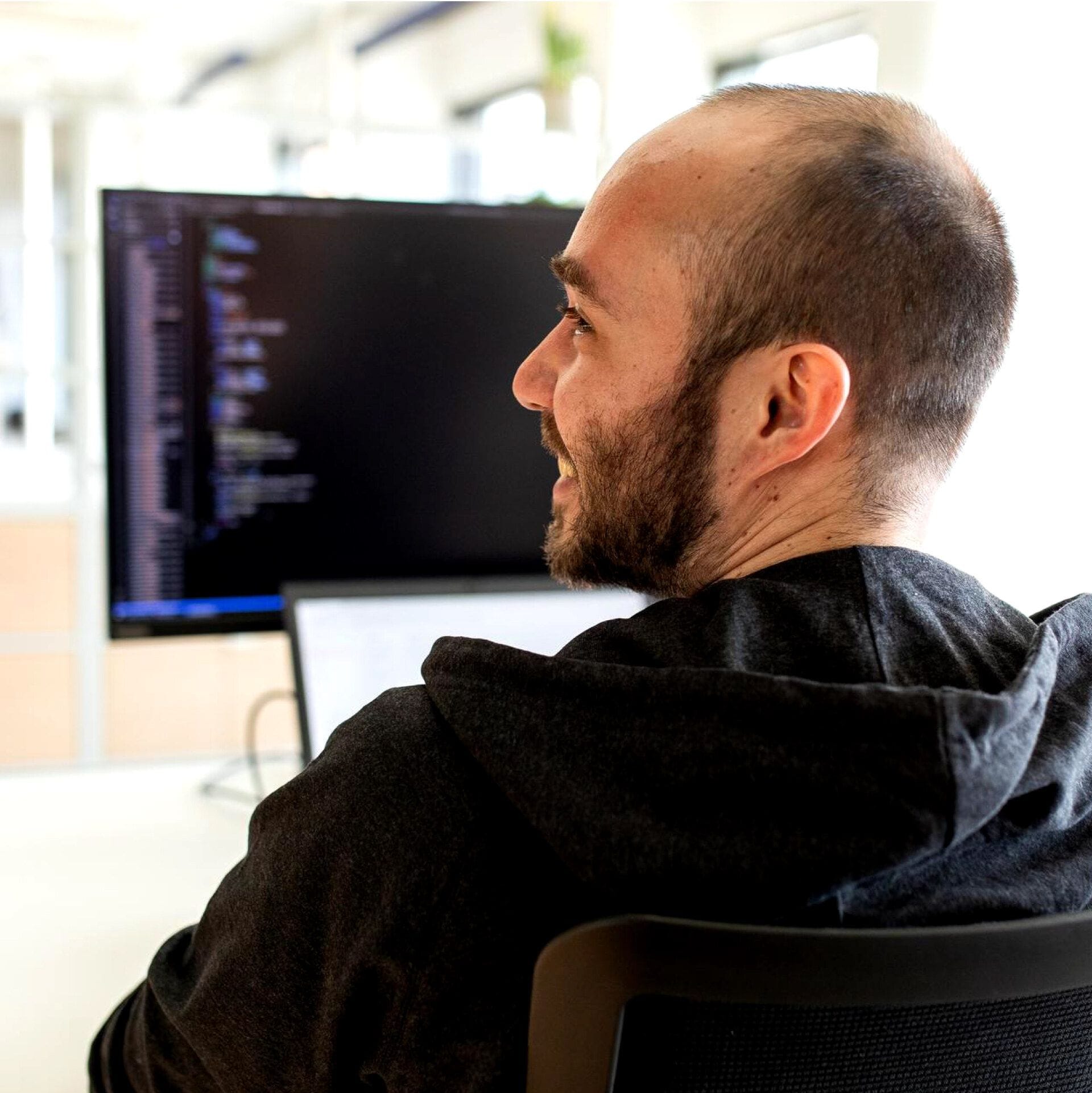
Game Development Philosophy
There are many ways to create successful games – the traditional way is to start prototyping. We put players’ desires ahead of our own, creating games for our players, not for ourselves. For new games our approach is to start ideating from player fantasy.
When we create a new game, we want to be sure that there is a market-fit for it. And when we develop the game further, we want to make sure the market-fit remains and strengthens. We have to have crystal clear answers to questions like “who are we creating this game for” and “what are their motivations to play.” That’s why we observe our players’ behaviors and listen to their feedback – both quantitative and qualitative. When quantitative feedback and qualitative feedback are not aligned (i.e. players say one thing but do the other), numbers win.
In practice, this means forming hypotheses, testing them early, and testing them often – even before writing a single line of code or drawing any key art. We always aim to collect enough data to validate our hypotheses and justify our decisions. Our audiences are large, so we need a large amount of data to really understand them. Sometimes the sample size is too small and we have to scrape the data together from multiple sources. At times, we need to rely on our intuition for support. But the bottom line is: we trust numbers to give us the best answers.
We’ve learned a ton from Merge Mansion and our other games in development. Based on what we know now, our game development process looks like this:
- Ideating a player fantasy
- Finding a market fit
- Building a scalable game
- Launching globally
- Growing global live game
The first three phases are part of our new games development. When the game is globally launched, they become live games with their own profit and loss responsibility.
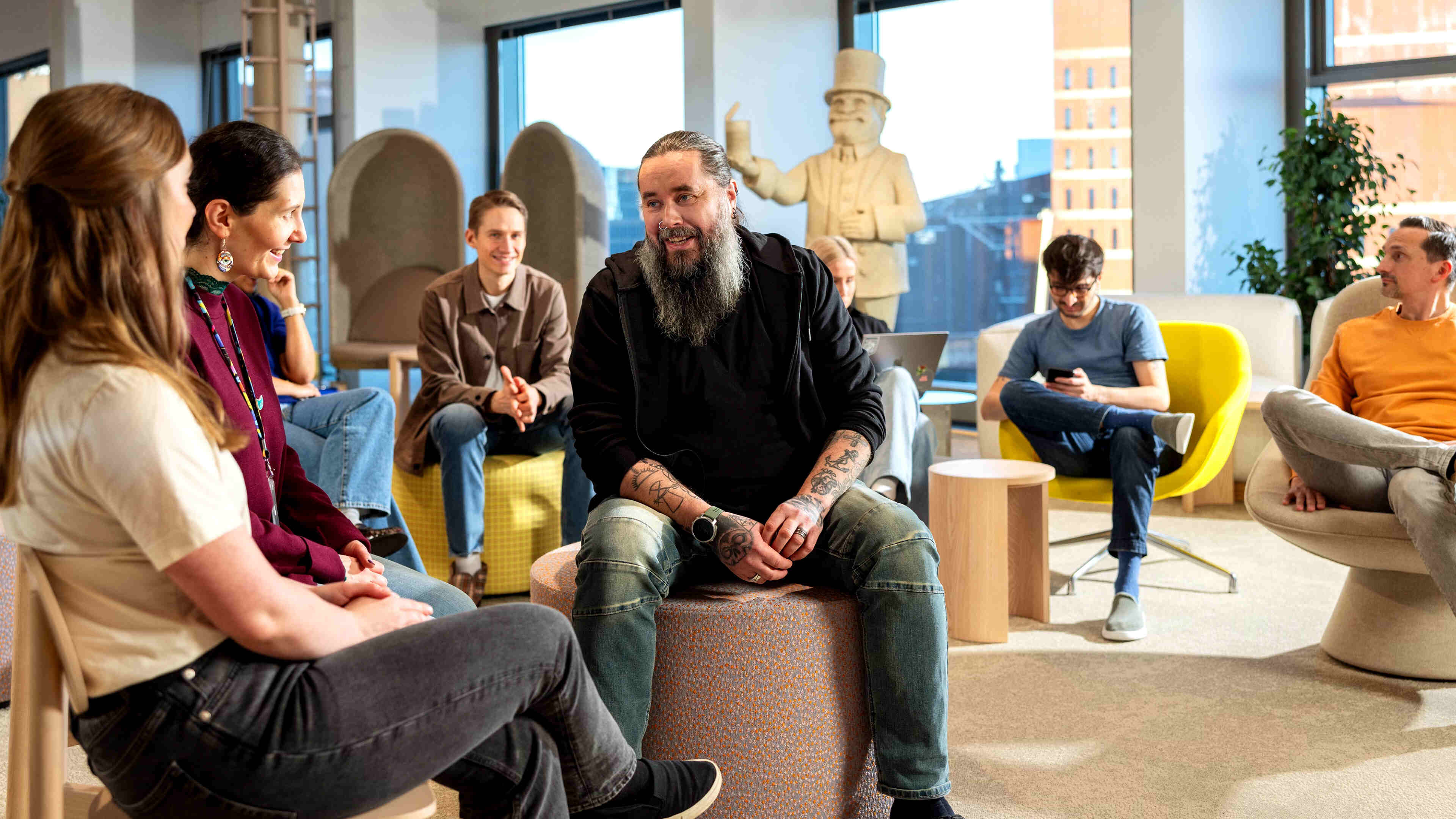
Culture
To navigate our competitive, fast-changing environment and to strive to achieve our ambitious mission and company goals, we have collectively defined our culture: both the beliefs and foundation our culture is based on and the values that guide our behavior in collaborating. We uphold the culture and values together, every day.
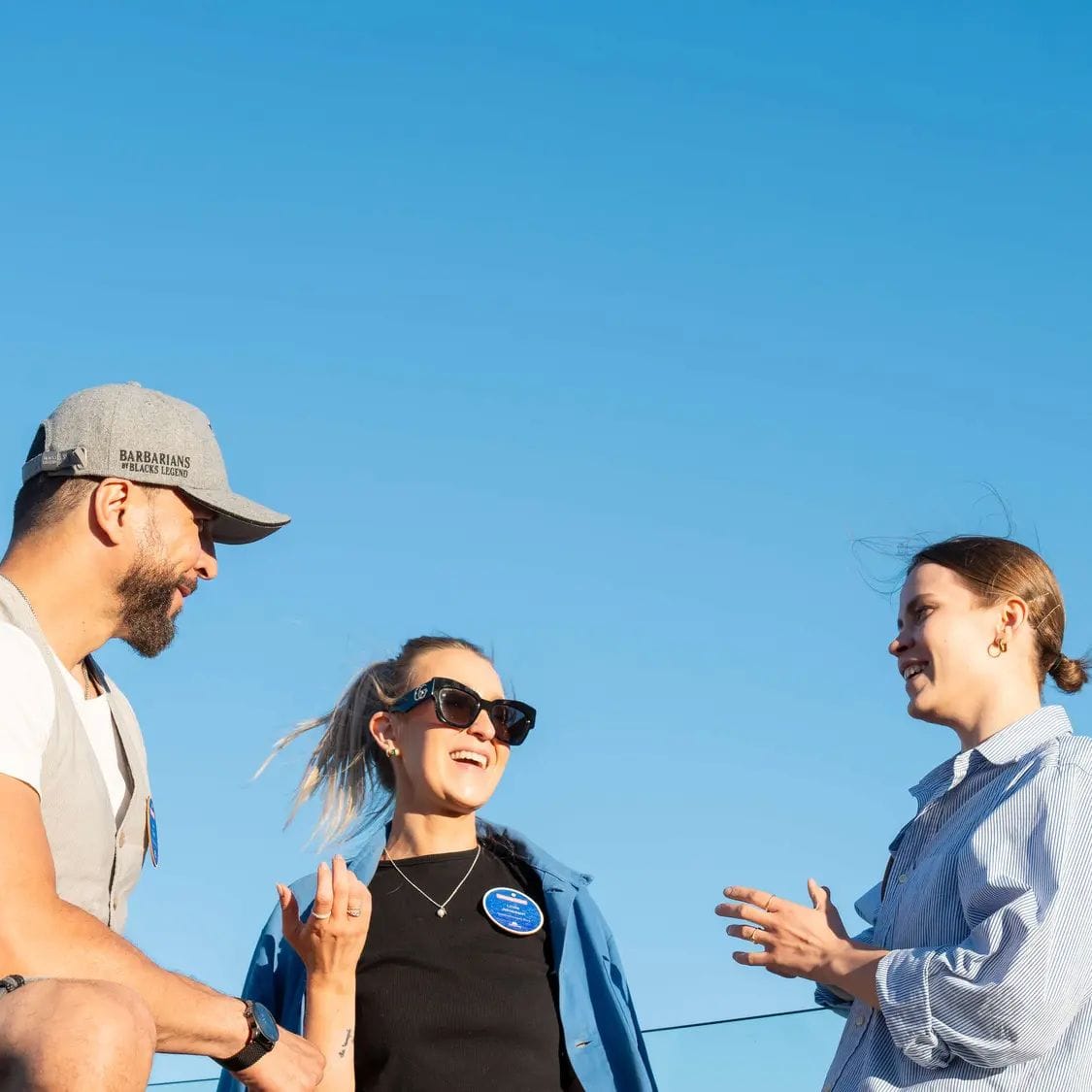
Culture Fundamentals
Trust is the foundation of our culture
Trust is the foundation upon which our entire culture is based. From day one, we trust by default everyone who joins Metacore – and the same goes for fellow Metacoreans who we might not have worked with before. But how can we trust each other if we’re only meeting for the first time?
Firstly, we start building trust during our selective multi-stage recruitment process, which consists of several interviews and demanding role-specific exercises. We begin to establish the two-way street of trust towards Metacore, too. Anyone who joins the team at Metacore is a highly vetted and motivated professional who we can rely on.
Secondly, every new employee also reads and commits to our Culture Agreement. We call it an agreement for a reason: everyone agrees to it before joining, and keeps respecting its contents every day from there onwards.
These two factors establish a baseline of trust for everyone at Metacore. The trust between our teams and individuals naturally grows and deepens as we work and spend time together – but it doesn’t happen automatically. We need to proactively build trust and show each other we are worthy of trust.
An organization of our size does not function solely on trust, but we also need structure and processes. This is a good thing to keep in mind, when talking about our culture and values – trust and structure are not exclusive to each other!
Psychological safety ensures creativity
Eventually, when we trust each other deeply, we’ll be able to create psychological safety: a state where we feel we can freely propose new ideas, take risks, always aim high, sometimes fall short, state opinions and have constructive conflicts without fear of being punished or judged by others. Creativity, in particular, craves psychological safety and vulnerability.
We never punish anyone or any team for bold attempts that did not work out, but instead, encourage everyone to share their shortcomings and learnings. We keep our communication channels open for anyone to spark discussions that help us improve our work. Being completely open and transparent is one of the best ways to build trust and ensure psychological safety.
Psychological safety also cultivates feedback, allowing us to improve as individuals, teams, and as an organization. Continuous improvement and iterating our work is a requirement for success. When we trust each other and assume best intentions, we can also share praise and constructive feedback to help us level up, every day. It’s important to recognize that trusting by default doesn’t mean that we cannot give feedback or challenge or conflict with each other, actually quite the contrary.
Wellbeing and performance go hand in hand
We are passionate about entertainment as well as our work and have ambitious goals, not settling for anything short of world-class. However, we strongly believe that high performance requires high wellbeing and care. We’ve seen that balancing the two and supporting both creates a positive feedback loop: when we feel well, we can be more driven, growth-minded and perform well, which again enhances our wellbeing.
We strive to be a workplace where everyone can truly be themselves: with their different life situations, challenges and needs. Yes, we aim high and expect strong performance, but we also truly believe in being there for each other in the good and the bad times. Metacore consists of people and it is our collective responsibility to take care of each other. In the end, we’re a bunch of ordinary people making extraordinary entertainment together.
Transparency supports better decision-making and collaboration
Transparency and great communication are key to building trust and ensuring psychological safety. We want to share the good and the bad and intend to have information available for everyone. We want to give clarity and direction for everyone’s work, as well as visibility into strategic business decisions, i.e. when we are launching or letting go of a game and open the decision-making process behind decisions.
However, this doesn’t mean that everyone can know everything or take part in all discussions. Transparency does not mean free flow of information on all topics – there are topics that are confidential for various reasons, and with a company of our size, not everyone will have a say on everything – this is totally normal. When we’re not involved in a discussion, we trust that the people who have ownership of the topic are thinking Metacore first, and we assume best intentions.
In our daily work, transparency is about providing as much information as we can for better decision-making wherever it’s needed. That’s why we always aspire to define what is relevant and important for everyone to know, and make that information easily available and digestible for all.
It’s important for teams to also understand and identify where they need to proactively communicate and collaborate with other teams. This is so that we can ensure effective and impactful work that doesn’t overlap with others, as well as share best practices that should be implemented across teams. We encourage both individuals and teams to do this, be it through retros or post-mortems.
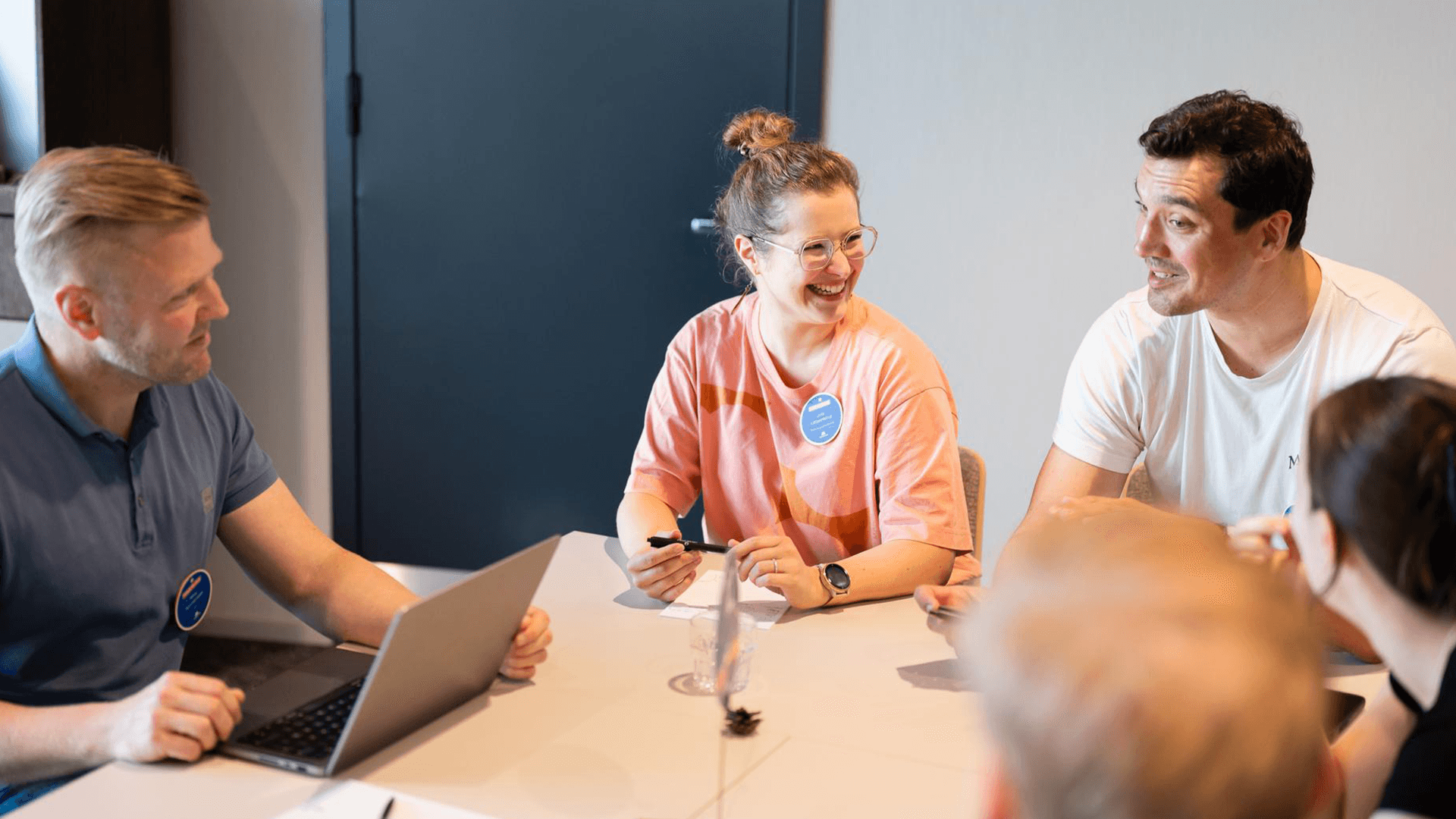
Values
The fundamentals of our culture – trust, psychological safety and wellbeing – are the base for our culture. Another layer are our values that define and guide how we work and succeed together – how we should act and behave. This way, we are not just upholding our culture but proactively making it come alive by living by our values.
Build Trust
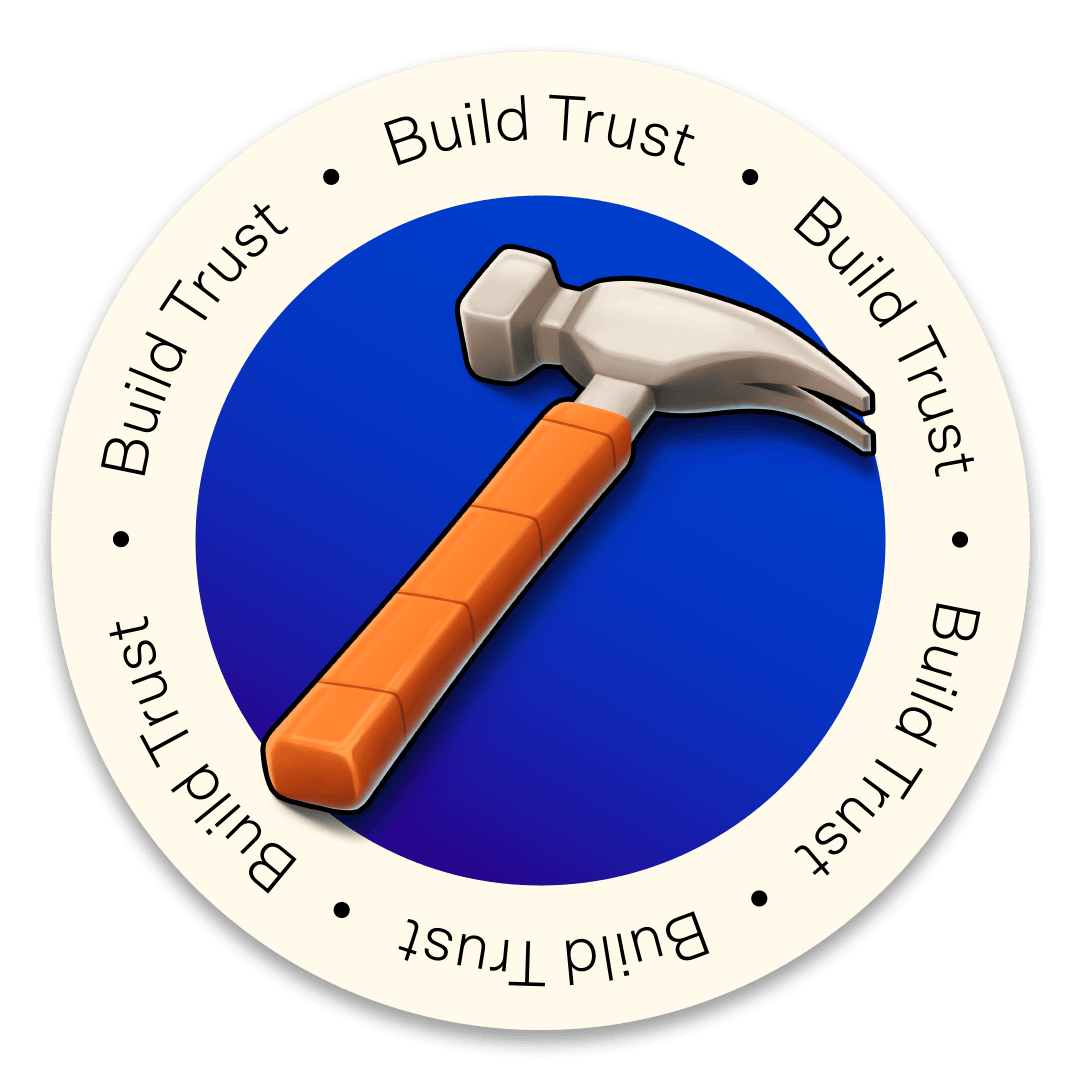
Trust is fundamental to our culture and elemental to psychological safety. The more people we trust and the deeper that trust grows, the better equipped we are to work together as one team. Building deeper trust is an everyday effort of proving to each other that we’re worthy of it.
In good times trust comes naturally, but in tough times it might need more patience and nurturing. Even the smallest signs of decreasing trust need to be acknowledged immediately by speaking up – either by the person who feels like they can’t trust someone, or by the person who feels like someone doesn’t trust them. Saying nothing is irresponsible. We never want to be in a position where there's nothing we can do to bring back trust – because when this happens, it usually means that the team, or potentially even Metacore, is no longer the right place for that person.
As our organization becomes more complex with size, it’s even more important to build trust further to accommodate the ownership, structures and processes we have together agreed on.
DOS
- Assume best intentions
- Respect each other
- Communicate openly and provide constructive feedback
- Hold others accountable
- Have each other’s backs
DON’TS
- Be afraid to speak up
- Be inconsistent in your words and actions
- Allow different bias cloud your behavior and judgment
- Think you are above anyone
- Take credit for other people’s work
Think We Before Me
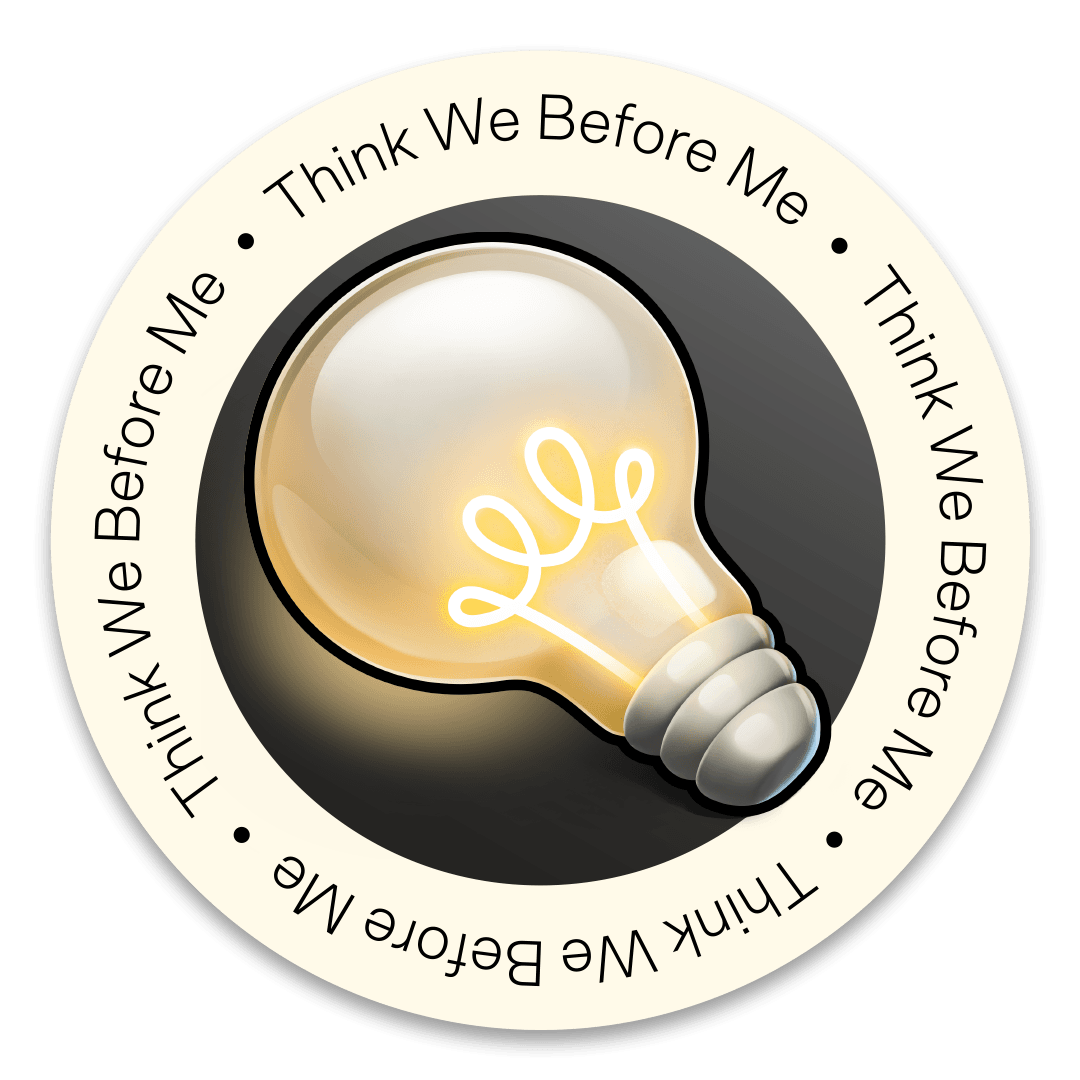
We always put Metacore first when making decisions. We are all committed to the same mission and goals and feel passionate about them – and when we succeed together, everyone succeeds. That’s why we always aim for what is the best for everyone at Metacore and benefits the whole company, not just ourselves or our team. Making decisions team or individual first would raise them above others – that’s not fair, and not good for anyone in the long run.
We measure our success in the long term. This means that when we make decisions, we always compare which option is the best for Metacore in the long run. Sometimes this means compromising the short-term benefits of a single game, individual, team, or even the entire organization. If we need to make short-term decisions, we always consider their long term impacts.
We’re proud of our work and celebrate our successes first and foremost as Metacore. Of course, we also recognize teams and as individuals, but we believe that it’s always more important to succeed on a company level rather than making a name for one individual or a single team. We also face shortcomings together, as Metacore. During the harder days we learn and stay humble, and in good times we remember how our hardships pulled us closer together.
DOS
- Seek the big picture and context
- Prioritize long term, not quick wins
- Think what is best for our shared goals
- Celebrate successes and learnings together
- Put team before individual
DON’TS
- Drive your own agenda
- Be impatient, things take a while to build
- Put individuals on pedestal
- Have big ego
- Sacrifice your own wellbeing
Aim High
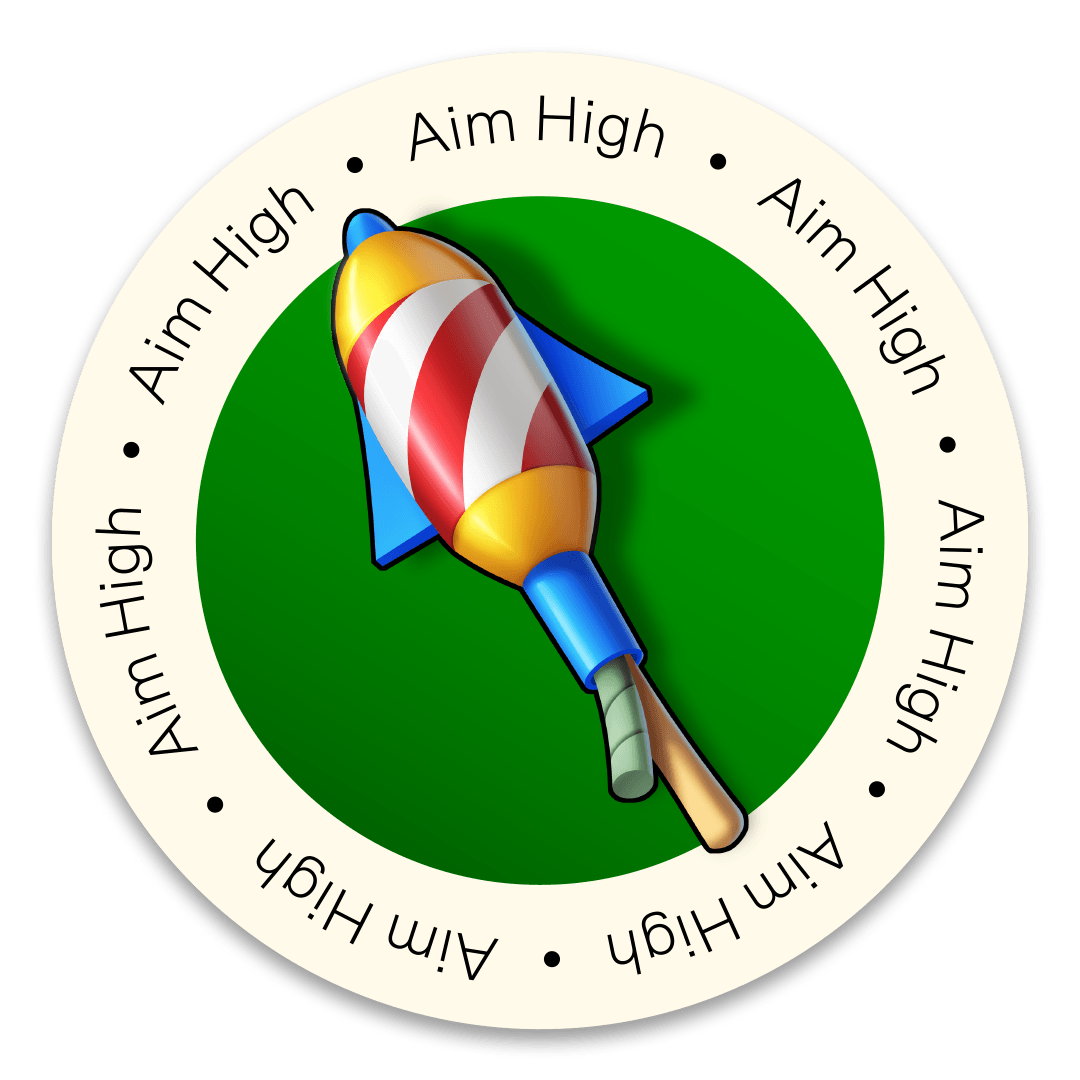
Everyone at Metacore shares the same, extremely high ambition level – once we’re happy with our own work, we know it’s world-class. We always want to do our best, learn, and do even better the next time. We focus on the impact and long-term outcomes of our work, while embracing the learning curve to get there. Although we each have a passion for our own role which may differ from someone else’s, we all want to excel in our work. That’s also one of our many hiring criteria and a prerequisite for joining Metacore in the first place.
Metacoreans are also passionate for growth. We are driven, humble about not knowing everything, and always eager and willing to learn and improve. We solve some of the most challenging problems together and share learnings from our shortcomings, so that we can maximize learning for others, too.
Over time our passions may change – in which case we try to find better-fitting roles, ideally within Metacore. If that’s not possible, it’s often better for everyone if we stay true to our passions and pursue them outside of Metacore.
DOS
- Set high ambition level
- Ask for support and feedback
- Keep learning and developing with growth mindset
- Elevate your colleagues
- Dream big
DON’TS
- Become content with status quo
- Compromise long-term goals with short-term wins
- Overwork yourself with passion
- Be afraid to fail or not know everything
- Measure hours, focus on impact
Take Ownership
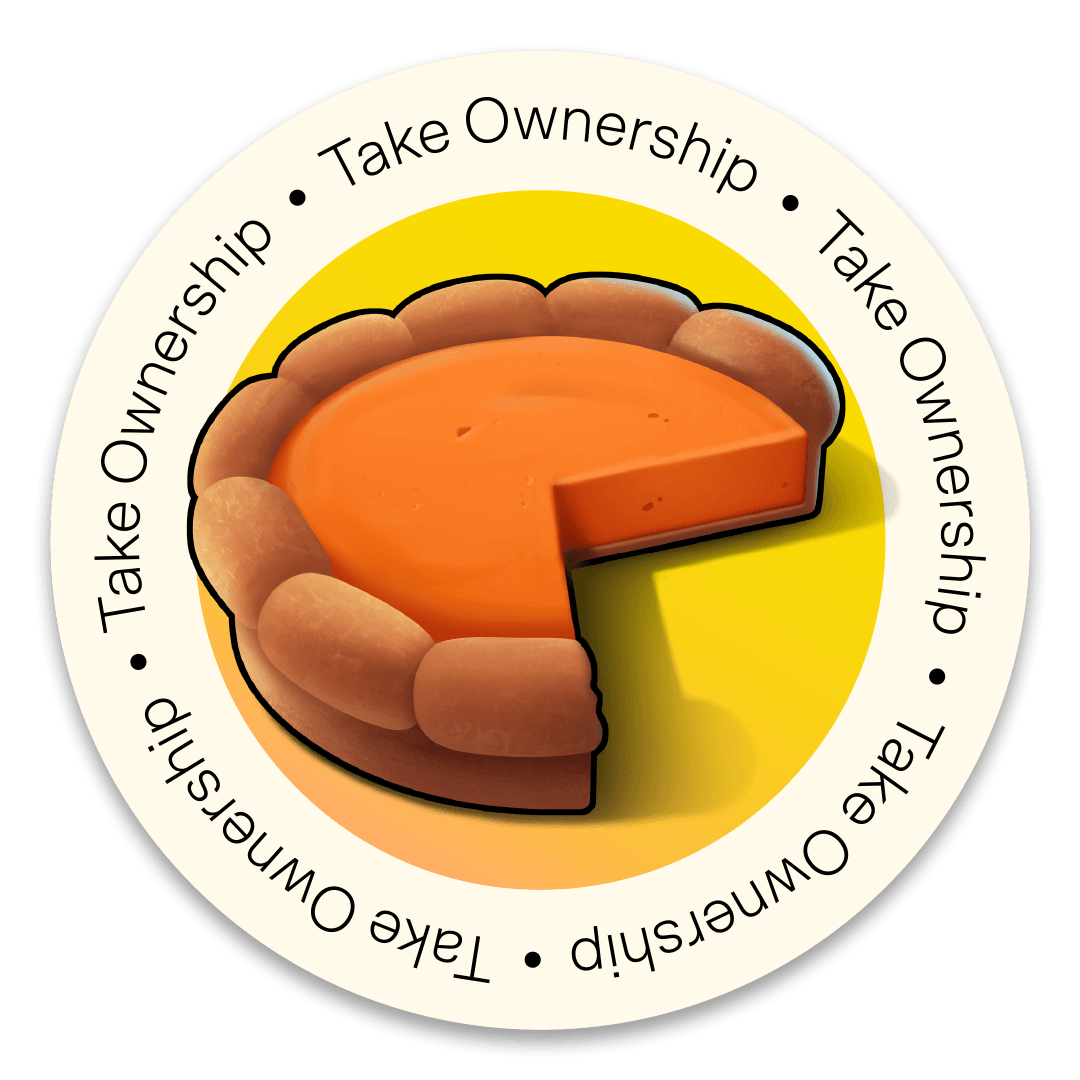
We all have ownership of Metacore, which means we don’t just think ‘we before me,’ we proactively act so, too.
We think about what’s best for Metacore, and act on it without needing to be reminded or asked for it. We don’t wait for others to fix things, but take initiative ourselves. We stand behind our decisions and can always explain how we’ve acted in the best interests of Metacore.
But even though we all care for Metacore, it doesn't make sense for all of us to be involved in every decision concerning Metacore, all the time. That’s why we clearly define responsibilities for each team and individual, and trust each other to carry out their respective responsibilities. We’re explicit about areas of ownership, because there is no such thing as a shared responsibility: while making games is teamwork and we are in this together, there always needs to be a clear decision-maker, if a team cannot make a decision and take ownership itself.
Because we have limited resources, we don’t want to spread ourselves too thin: so clear ownership also allows us to prioritize and focus on what matters the most. Only by prioritizing our work can we pursue the most impactful actions.
Prioritization starts with carefully considering all the viable options, choosing the best one for Metacore, and then focusing on that. Focus means saying no to everything else, regardless of how difficult it may be.
A big part of staying focused is also letting other teams and individuals focus, too. We don’t need to know what every other team is doing all the time. We can always offer to help, but only after we have taken care of our own responsibilities – and only if the other team has decided that our help is needed. After all, once our teams have clear responsibilities that are well-aligned across our organization, they have full autonomy to decide how to go about their responsibilities.
DOS
- Define and communicate your responsibilities and schedules
- Do what you promise
- Understand perspective and dependencies across teams
- Focus on what matters the most in your area of responsibility
- Let go of old responsibilities
DON’TS
- Think of something as someone else’s problem
- Set unrealistic expectations for plans and schedules
- Avoid raising issues
- Hide if you are unable to keep your promises
- Take on too much responsibility if you are not able to take it
Empower with autonomy and accountability
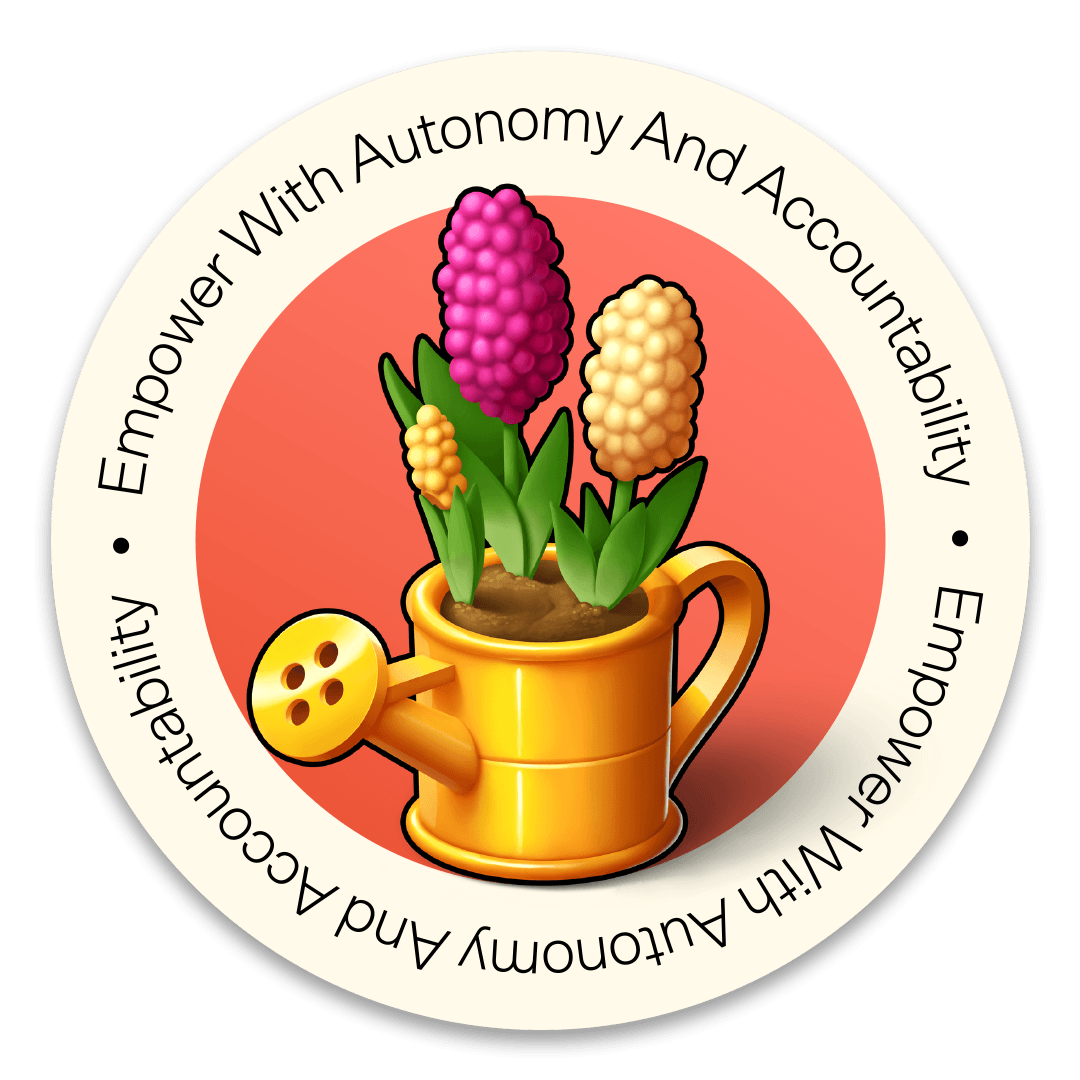
We choose to work autonomously at Metacore. Simply put, this means that we all – as teams and individuals – have the freedom to make decisions over the things we are responsible for. Not only is this motivating and empowering, but it also results in less unnecessary hierarchy and friction. The prerequisite of autonomy is accountability – because without accountability, autonomy is anarchy.
But this doesn’t mean we make decisions in silos – we’re aligned, because we always base our decisions on our shared mission and company goals. We acknowledge that those who carry responsibility over a matter are most informed to make the best and fastest decisions on it, so we respect each others’ autonomy and trust their decision-making power.
Autonomy also doesn’t mean working alone but as a part of a bigger whole. To make sure that the decisions we make advance our shared goals, we need to collaborate both within and across teams. Oftentimes this means asking for and proactively giving feedback to others – this is how we keep each other accountable. We do this with the best intentions in mind. We acknowledge that feedback doesn’t diminish, but often improves our responsibility to make decisions. At the end of the day, we respect that whoever has responsibility over the matter decides how to use that feedback and we commit to their decision even if we disagree. We call this disagree and commit, which means committing also to the outcomes of the decision without any blaming for each other.
You can always ask for help with a low threshold – be it to seek guidance, share knowledge or quickly brainstorm together, especially when a decision has bigger implications on other teams or Metacore as a whole. No one is alone at Metacore, even though we focus on strong autonomy and clear ownership. If you feel you are not the best person to make a decision, it’s important to speak up, as it may be a sign of not optimal ownership.
Autonomy and freedom do not mean lack of processes, practices or shared guidelines. As we scale our team, it becomes more relevant to have certain processes and shared ways of working. We aspire to keep Metacore flexible and with freedom to choose, but acknowledge the fact that with growth we welcome also processes and guidelines.
DOS
- Find and share information for better decision-making
- Make informed decisions by involving and consulting others
- Own your decisions and move forward
- Analyze and share learnings
- Hold others accountable for their decision and actions
DON’TS
- Hide behind autonomy
- Overlook feedback and different viewpoints
- Silo knowledge or disconnect from others
- Forget to ask for help when you need it
- Discredit responsibility related to autonomy
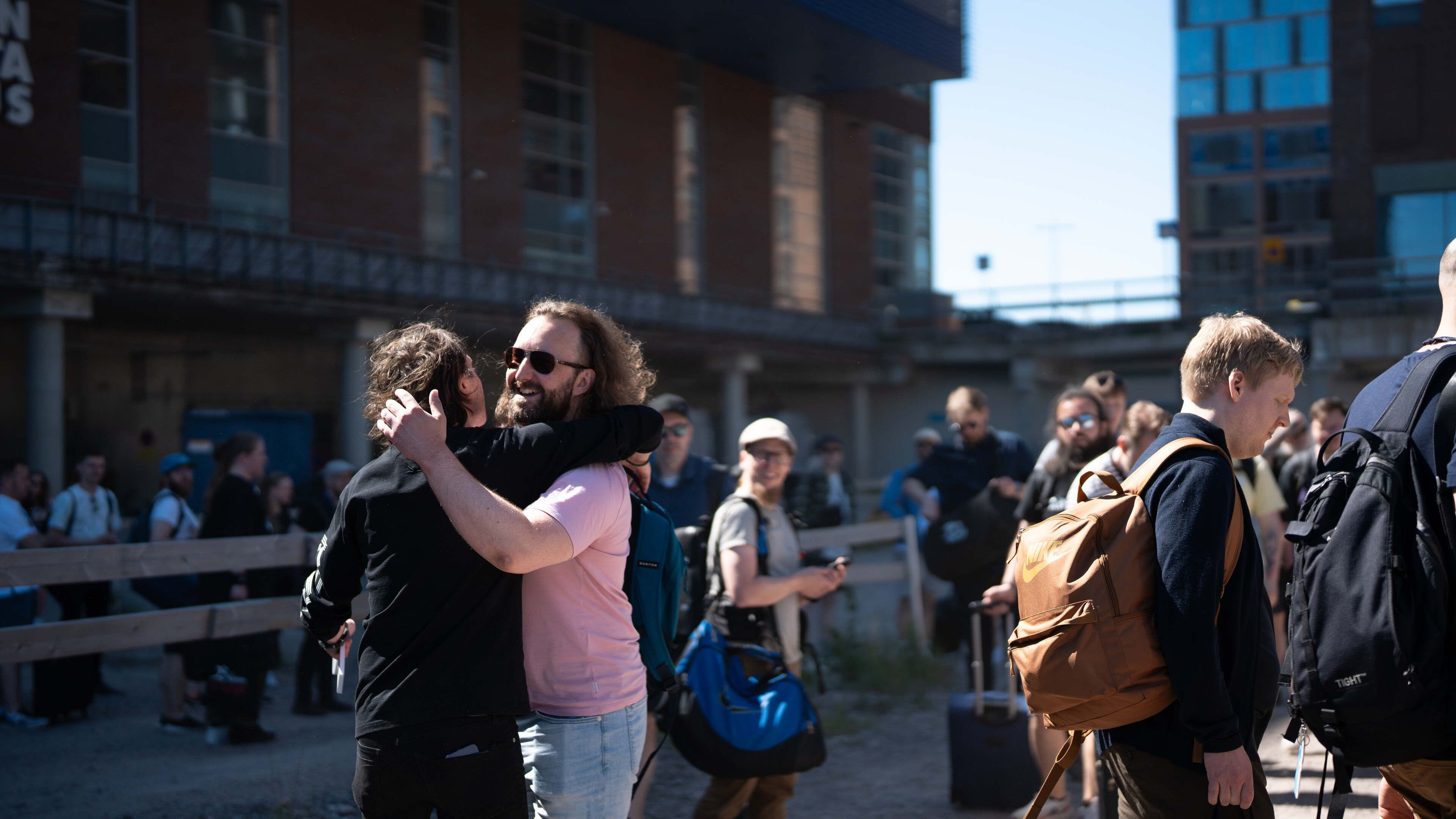
Final thoughts
Just like Metacore and our culture, this document will never be ready or perfect. It only describes our current understanding of the company we thrive to be and the landscape we need to navigate. We operate in constant flux to which our culture, too, must adapt. That’s why we’ll come back to this document regularly – by collecting feedback from Metacoreans every 1–1.5 years and updating things that feel outdated. We also seek feedback on our strategy and culture in our people pulse survey and share those collectively when relevant.
If you have any questions or need clarifications for the content in this document, ask your supervisor or dedicated People Partner. If you have feedback or suggestions on the content of the Culture Agreement, reach out to the Communications team.